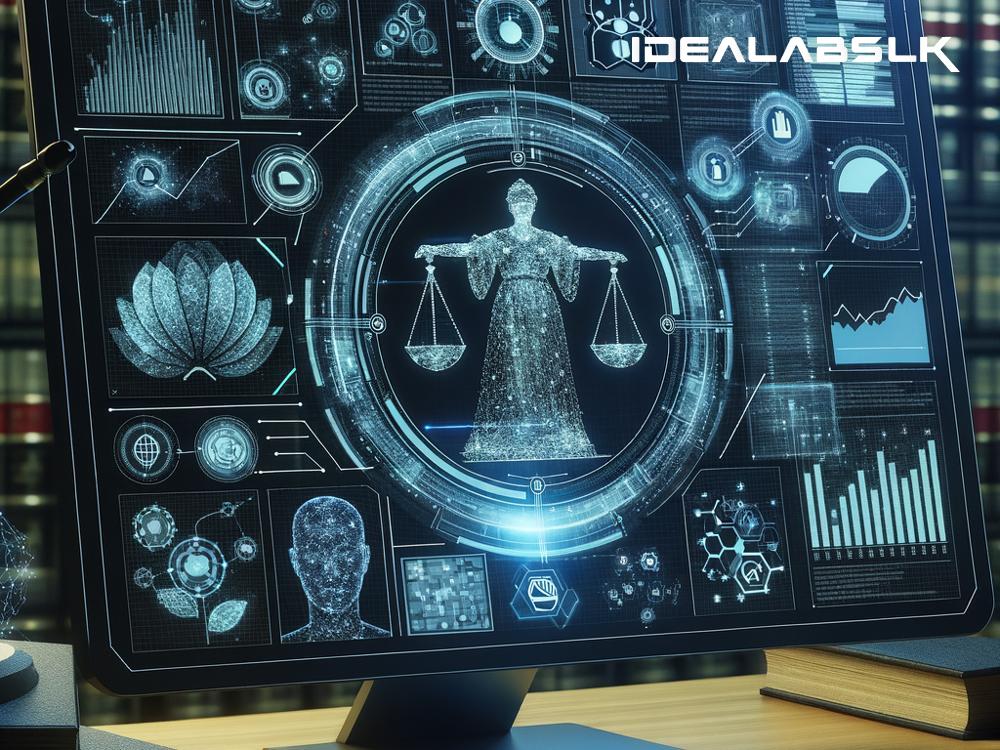How Predictive AI is Revolutionizing Legal Tech
In a world where technology is evolving at an unprecedented pace, the legal industry is not left behind. Among the most transformative advancements in this sector is the application of Predictive AI (Artificial Intelligence). Predictive AI is akin to a crystal ball, but instead of relying on magic, it uses data and algorithms to forecast future events or outcomes. In the realm of legal technology or Legal Tech, this predictive power is reshaping how lawyers work, streamlining operations, and enhancing decision-making processes. Let's demystify how Predictive AI works in Legal Tech and explore its impact, all in simple English.
The Magic Behind Predictive AI
Predictive AI, at its core, involves feeding a computer system a vast amount of data and letting it learn from that data to make future predictions. It's like teaching a child through examples; the more examples you provide, the better the child (or in this case, the AI) becomes at predicting outcomes. These outcomes can range from forecasting the results of legal cases to identifying potential legal issues before they become problematic.
The process of making these predictions involves several steps:
- Data Collection: The AI system gathers legal documents, case files, laws, regulations, and past case outcomes to build its knowledge base.
- Data Analysis: The AI analyzes this data to identify patterns, trends, and correlations. It learns from historical data what factors influence certain outcomes.
- Model Training: The AI uses the insights gained from data analysis to train predictive models. These models are essentially sets of rules and calculations the AI uses to make predictions.
- Prediction: Once trained, the AI can apply its models to new data (like an ongoing case) to predict outcomes such as case results, potential legal risks, or trends in legal regulation.
Applications of Predictive AI in Legal Tech
Now that we understand the “how,” let’s look at the “where” and “why” - where Predictive AI is making a difference in Legal Tech and why it’s so beneficial.
- Case Outcome Predictions: By analysing data from similar past cases, AI can predict the outcomes of current cases with surprising accuracy. This can help lawyers tailor their strategies and advise their clients more effectively.
- Legal Research: With the help of AI, lawyers can sift through millions of documents in a fraction of the time it would take a human. This not only speeds up the research process but also ensures that no critical information is overlooked.
- Contract Analysis: Predictive AI can quickly review contracts, flag potential issues, and even recommend negotiations strategies based on outcomes from similar contract negotiations.
- Risk Assessment: By predicting potential legal issues before they arise, businesses can take proactive steps to mitigate risks – saving time, resources, and reputational damage.
The Benefits of Predictive AI in Legal Tech
Predictive AI brings a host of advantages to the legal sector, including:
- Efficiency: Automating tasks like legal research and contract analysis frees up valuable time for lawyers to focus on more complex issues.
- Accuracy: AI’s ability to process and analyze vast amounts of data means that it can often make predictions and identify risks that might be missed by human analysis.
- Cost-Effectiveness: Efficiency and automation translate to lower operational costs, making legal services more affordable and accessible.
- Informed Decision-Making: With predictive insights, lawyers can make more informed decisions about case strategies, negotiations, and risk management.
Navigating the Challenges
Despite its benefits, the integration of Predictive AI into Legal Tech is not without challenges. Concerns around data privacy, the accuracy of AI predictions, and the potential for job displacement are just a few of the issues that need to be addressed. Moreover, the success of Predictive AI heavily depends on the quality and quantity of the data it's trained on – underscoring the importance of comprehensive and unbiased data collection.
Looking Ahead
Predictive AI is poised to continue its transformative impact on the legal industry, making legal services more efficient, accessible, and precise. As technology advances and more data becomes available, the predictions made by AI will only get better. By embracing this innovative technology, legal professionals can not only enhance their practice but also provide better outcomes for their clients.
In conclusion, the magic of Predictive AI in Legal Tech lies not in its complexity but in its ability to simplify, predict, and enrich the legal processes. As we continue to demystify and improve these AI systems, their predictive powers will undoubtedly become an indispensable asset in the legal toolkit.

